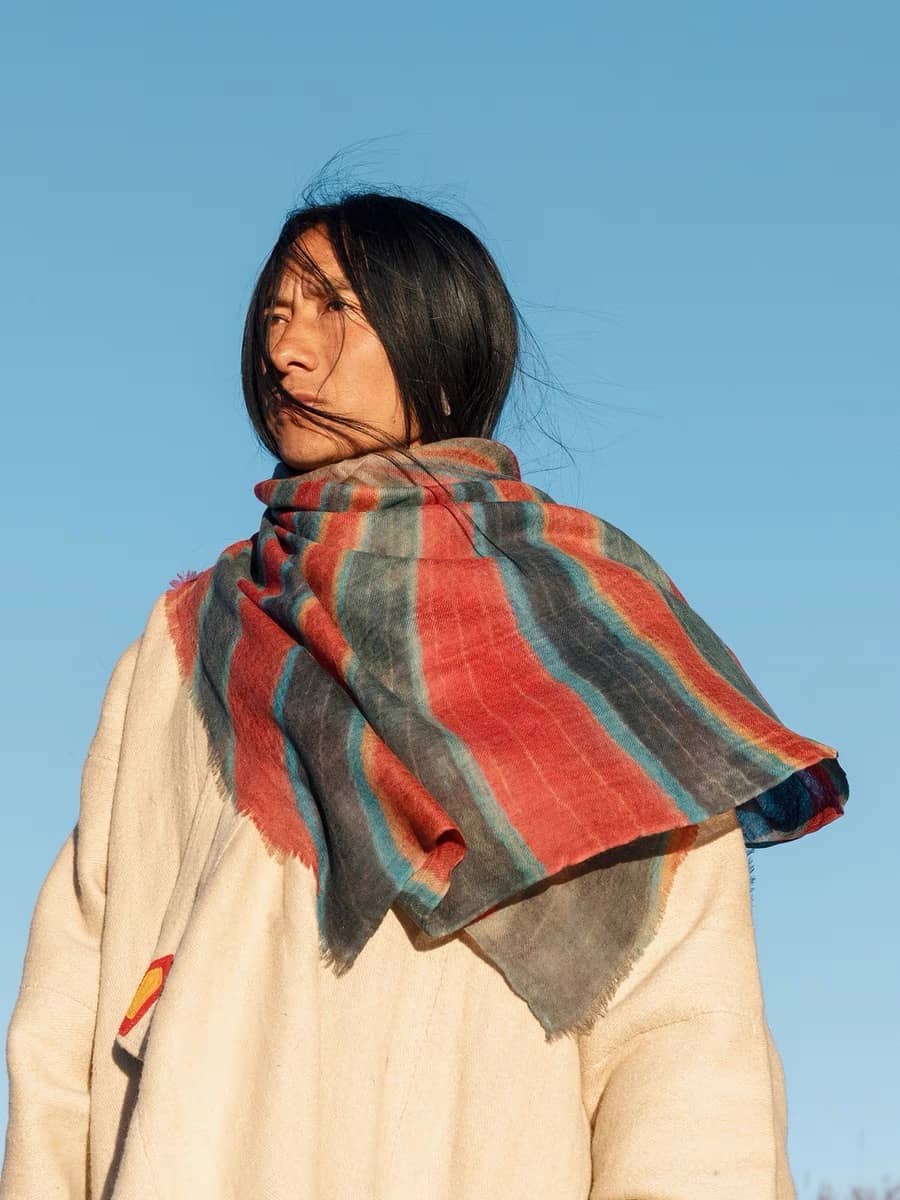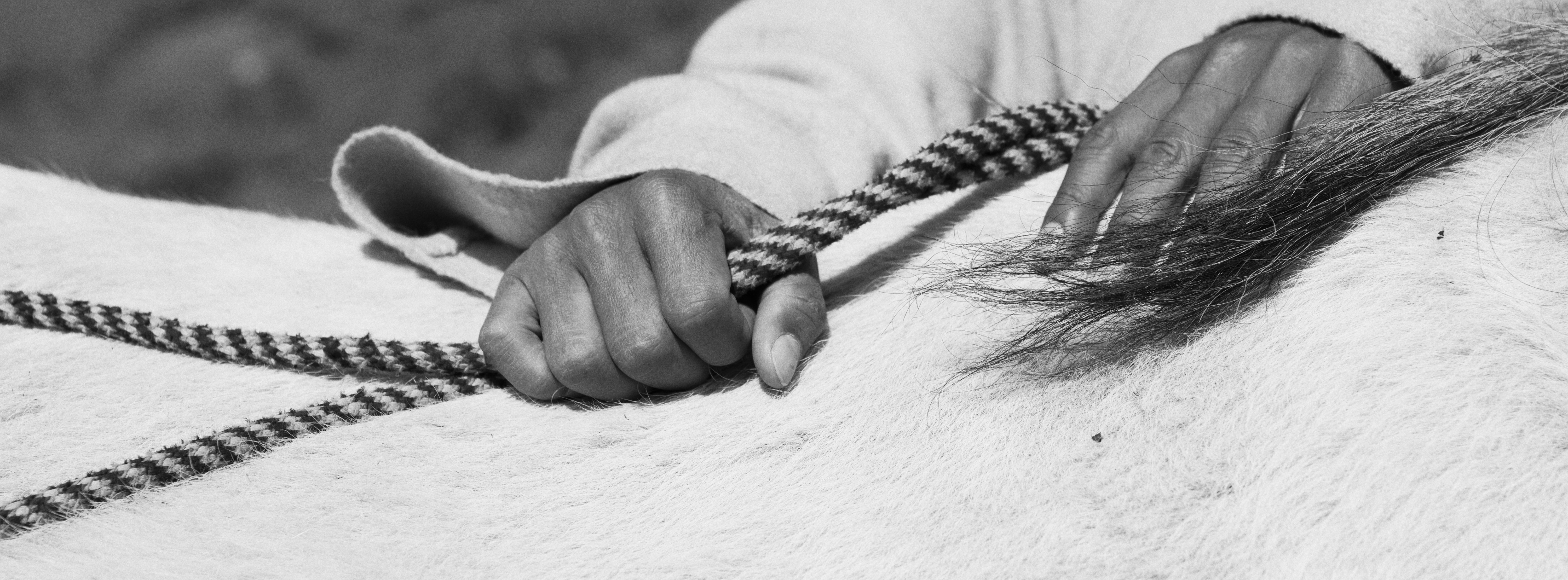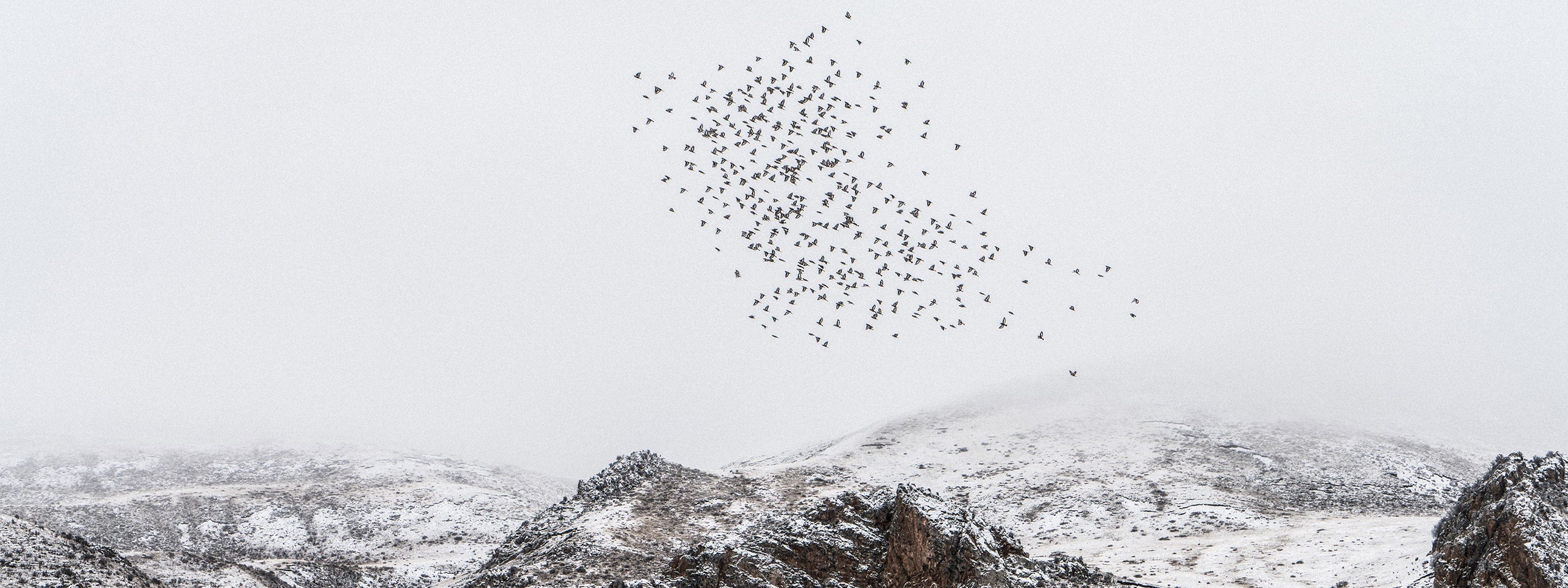YITSO HIMA - CHARU Designer Brand
Sustainable Tibetan Handicrafts
To ensure that the Himalayan culture is passing on modern trends, we are dedicated to using contemporary thinking and design to inspire pastoralists and youth.
Aiming to promote fair trade in the Himalayan region, we establish our own designer brand. In order to support sustainable development in Tibetan pastoral areas, we redesign the traditional handicraft products.
YITSO HIMA & Kavajian
Kavajian Carpet Factory
The promotional video for the products of the Lhasa Kavajian Tibetan Carpet Factory was planned and shot by the founder of YITSO HIMA.
This set of photos has been featured in several renowned media outlets, including National Geographic, Tibet Tourism, Tibet Geographic, and Traveler Weekly.
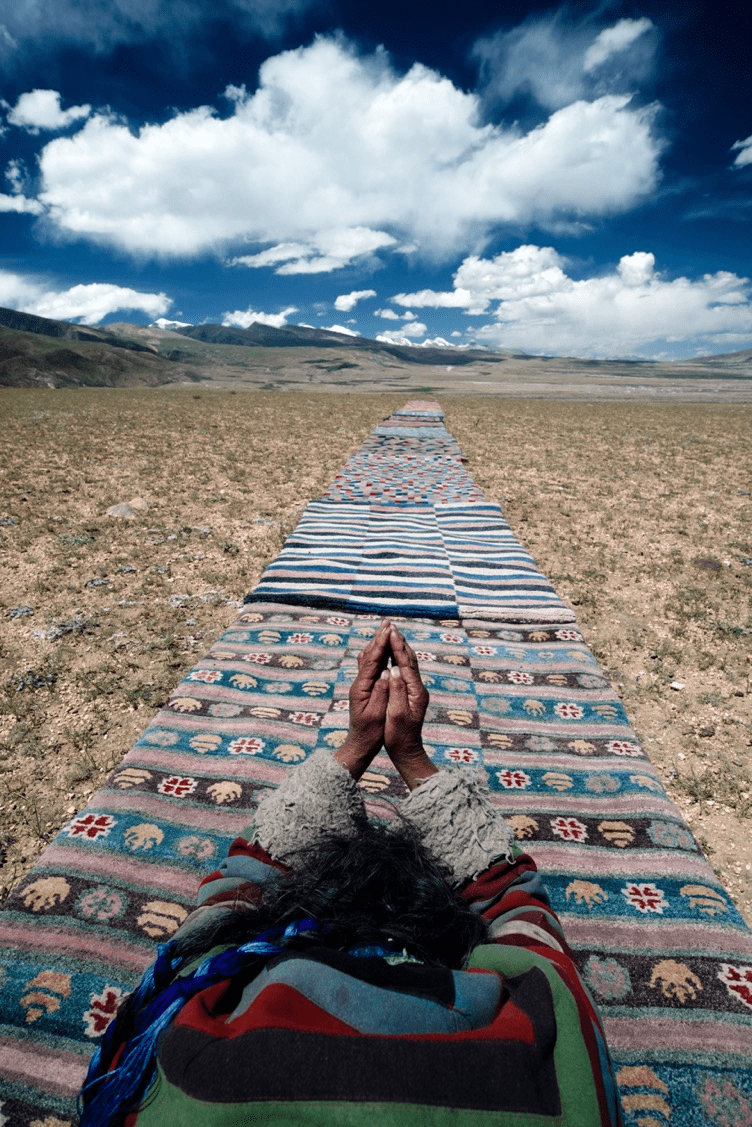
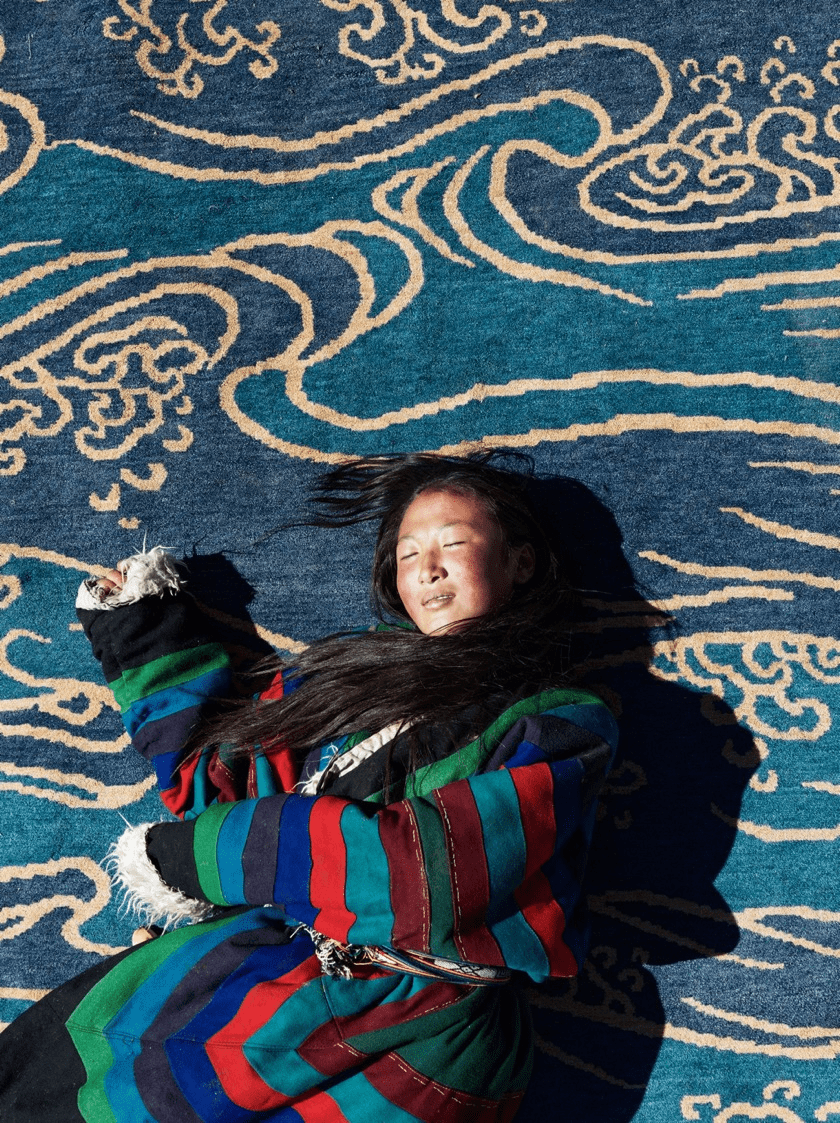
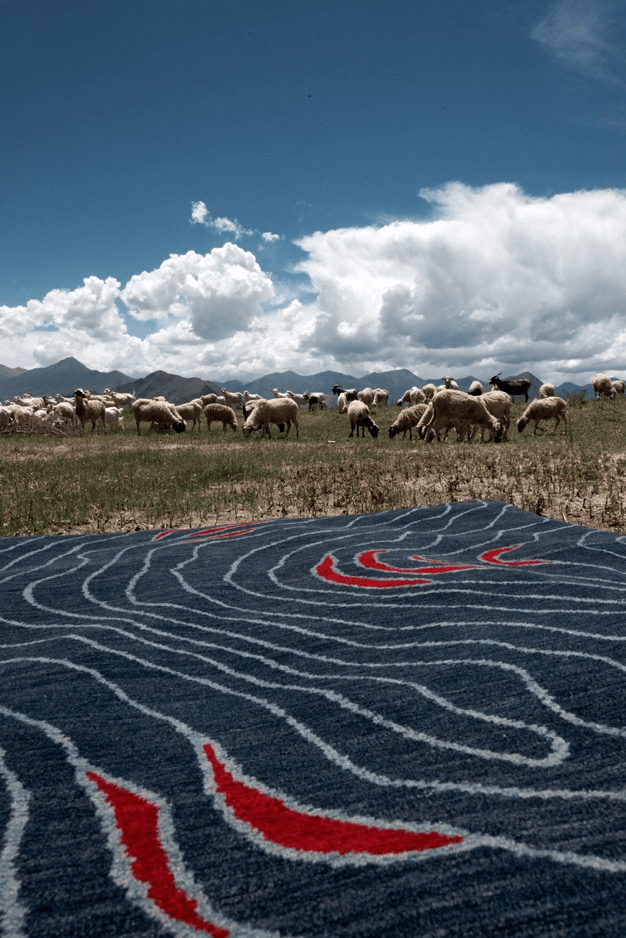

YITSO HIMA & Ziwu
Handmade Creative Products
Wuzhi, one of the designers and founders of YITSO HIMA, has worked as a public welfare designer for the Tibetan social enterprise Ziwu brand.
She has been involved in product design and promotional planning.
Ziwu's products won the Gold Award at the 2017 Chinese Characteristic Tourism Commodity Competition.
Charu & Tashi Pentsok
CHARU no Nen - Ancient Tibetan Incense
Gyasi Phuntsok's forefathers from ancient times to worship and worship nature, that all the good are originated from nature, every year in March summer local residents with incense burning way to sacrifice and offerings to nature. Long-term incense offerings have a meditative effect, can prevent colds and infectious diseases, purify the air, relieve mental tension, reduce neurotic headaches, improve the quality of sleep and so on.
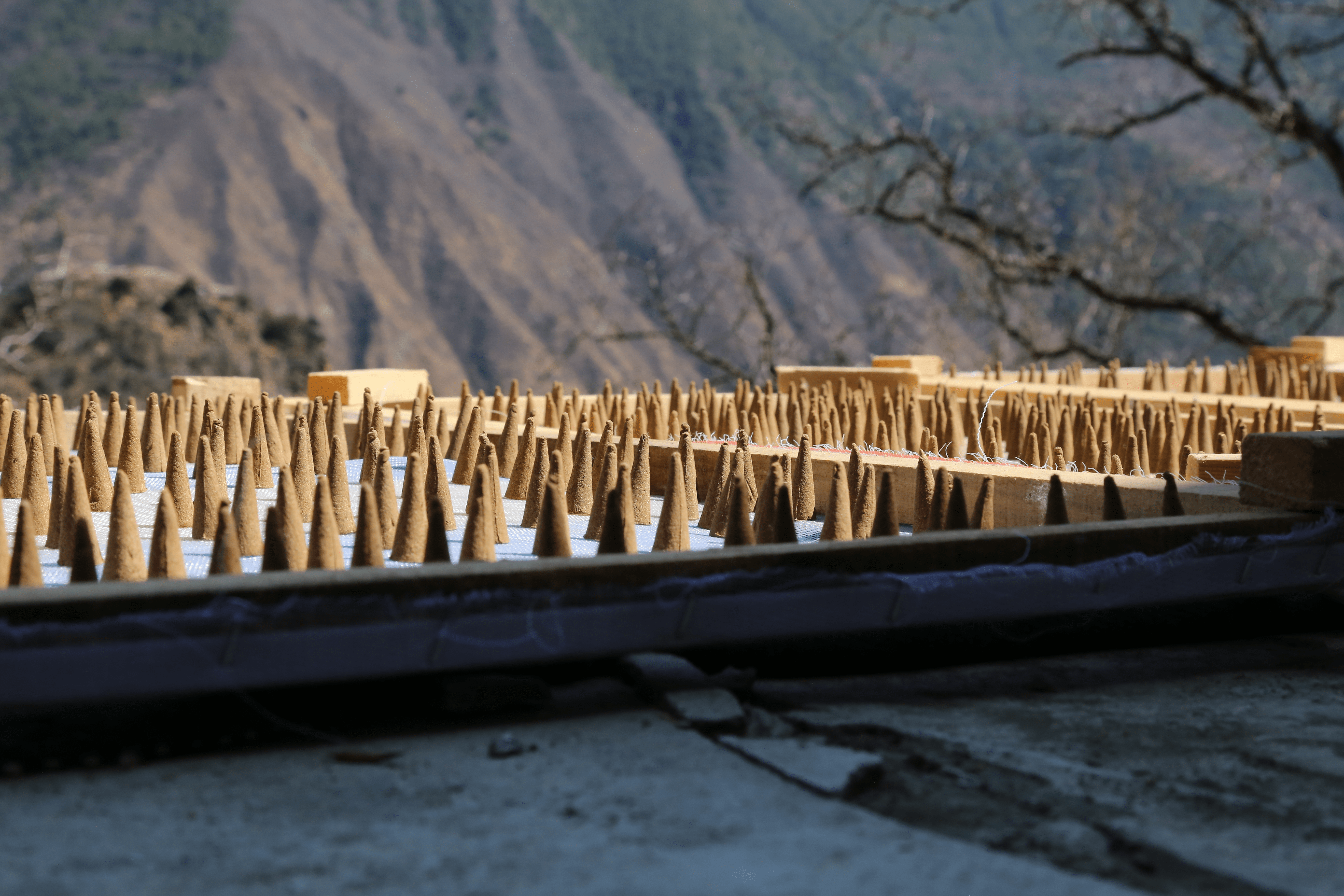
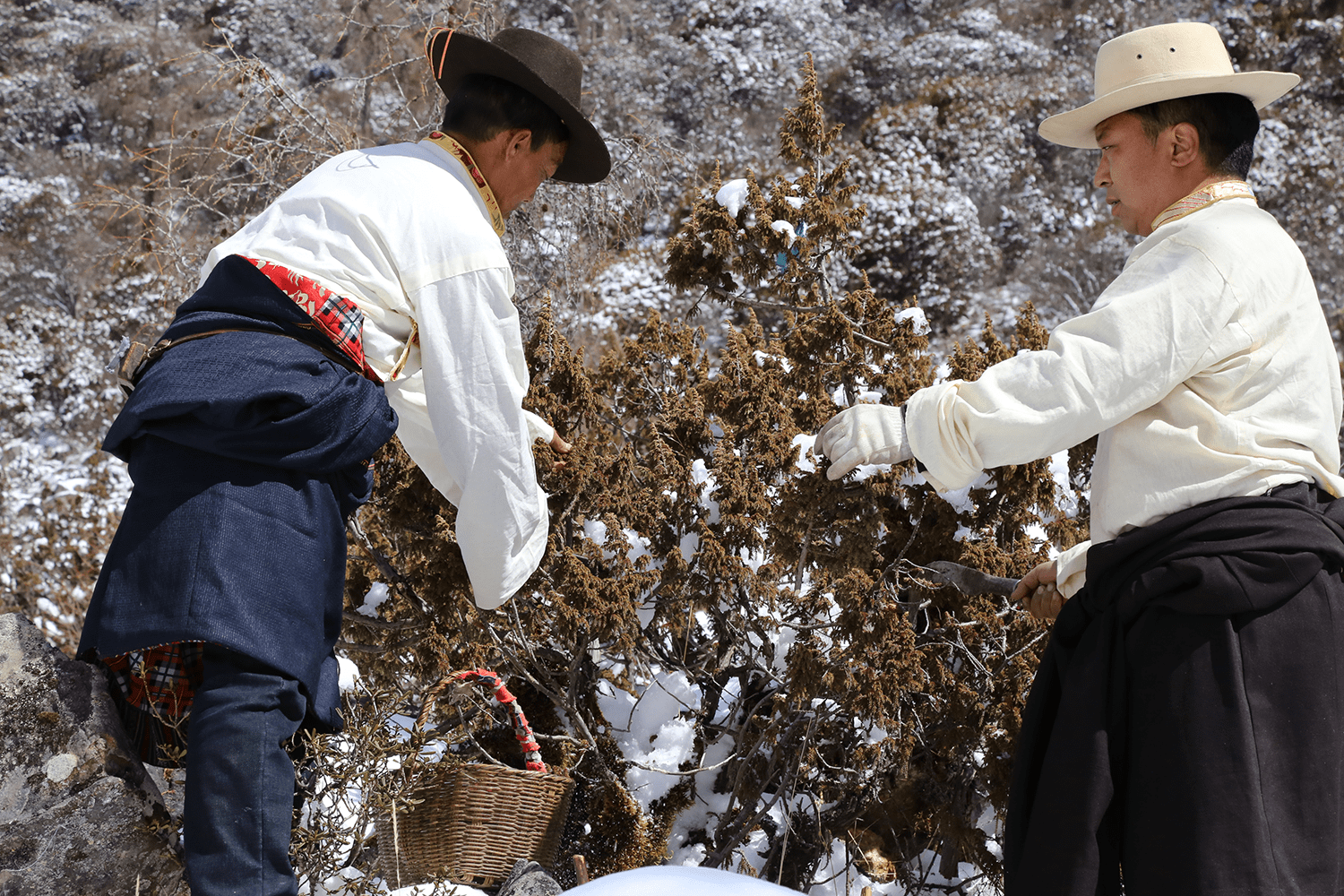
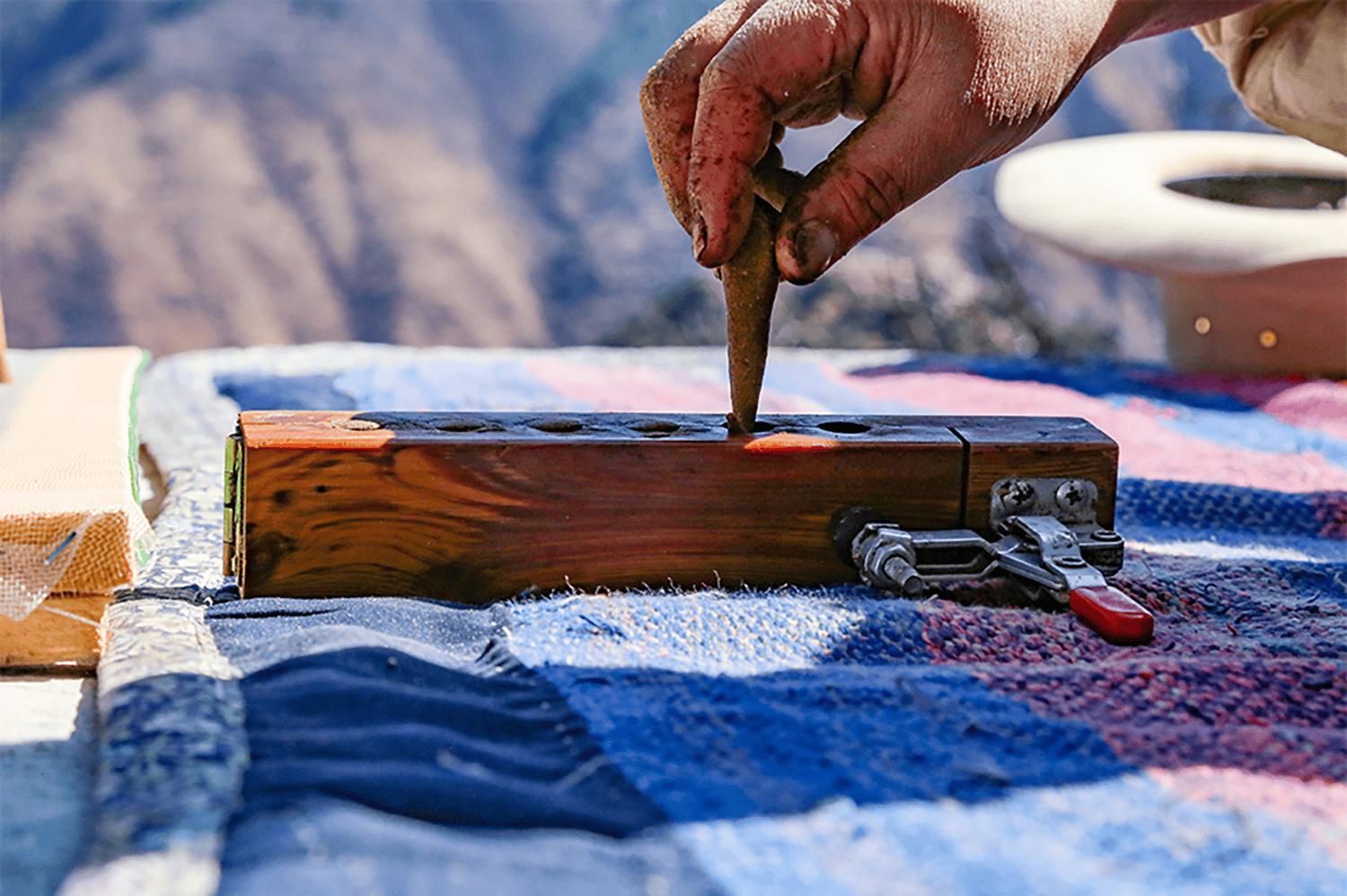
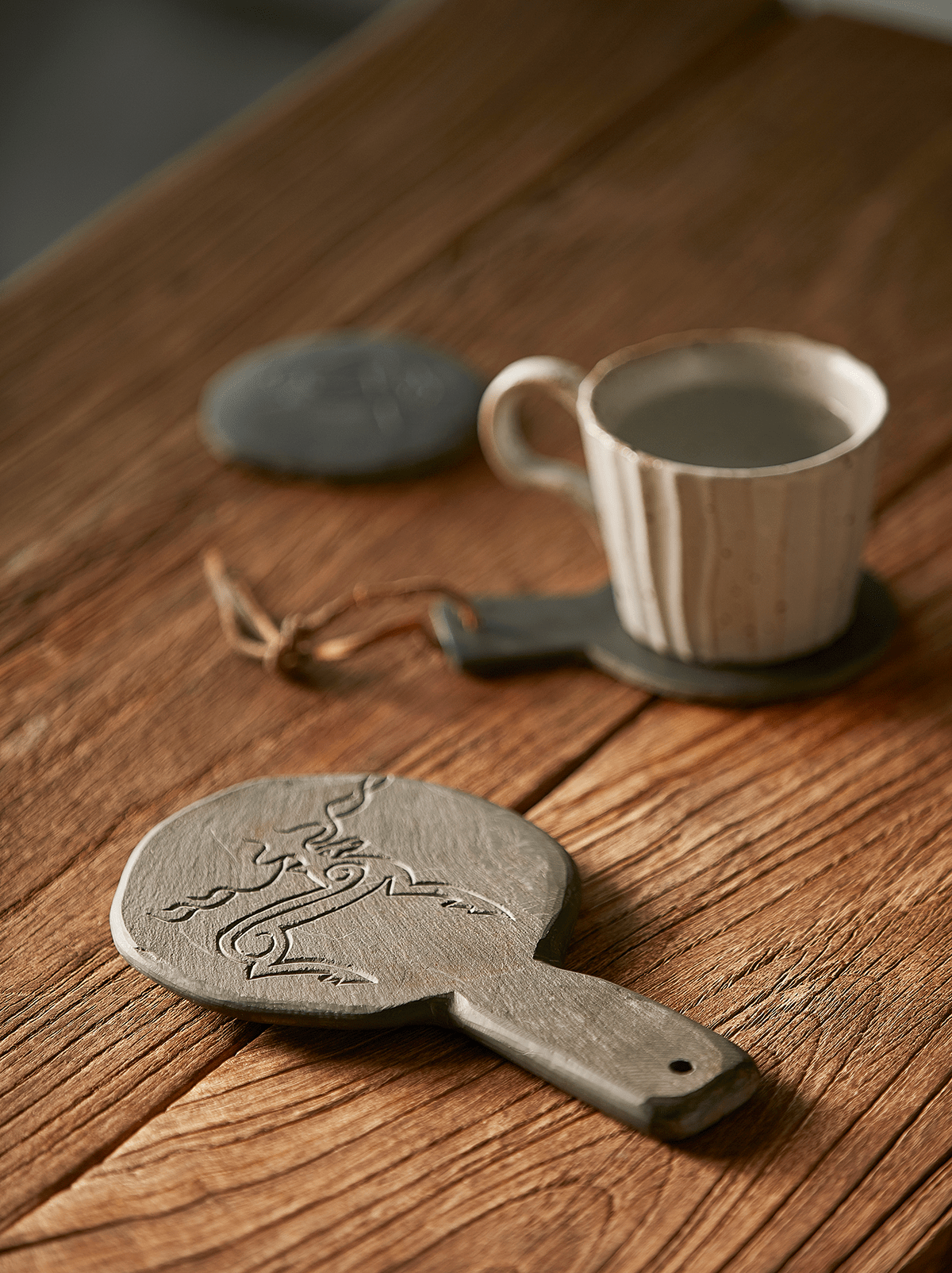
YITSO HIMA & CARVER
Handmade Stone Carvings In in Zeku, Qinghai
Stone is one of the oldest substances on earth.
Artisans have been using the art of stone carving for centuries.
They use centuries of stone carving skills to carve ancient and dynamic designs.It is a prayer and a blessing for time.
YITSO HIMA & Lurong Wangshuk
Handmade Black Ceramic Incense Holder
Intangible Cultural Heritage of China
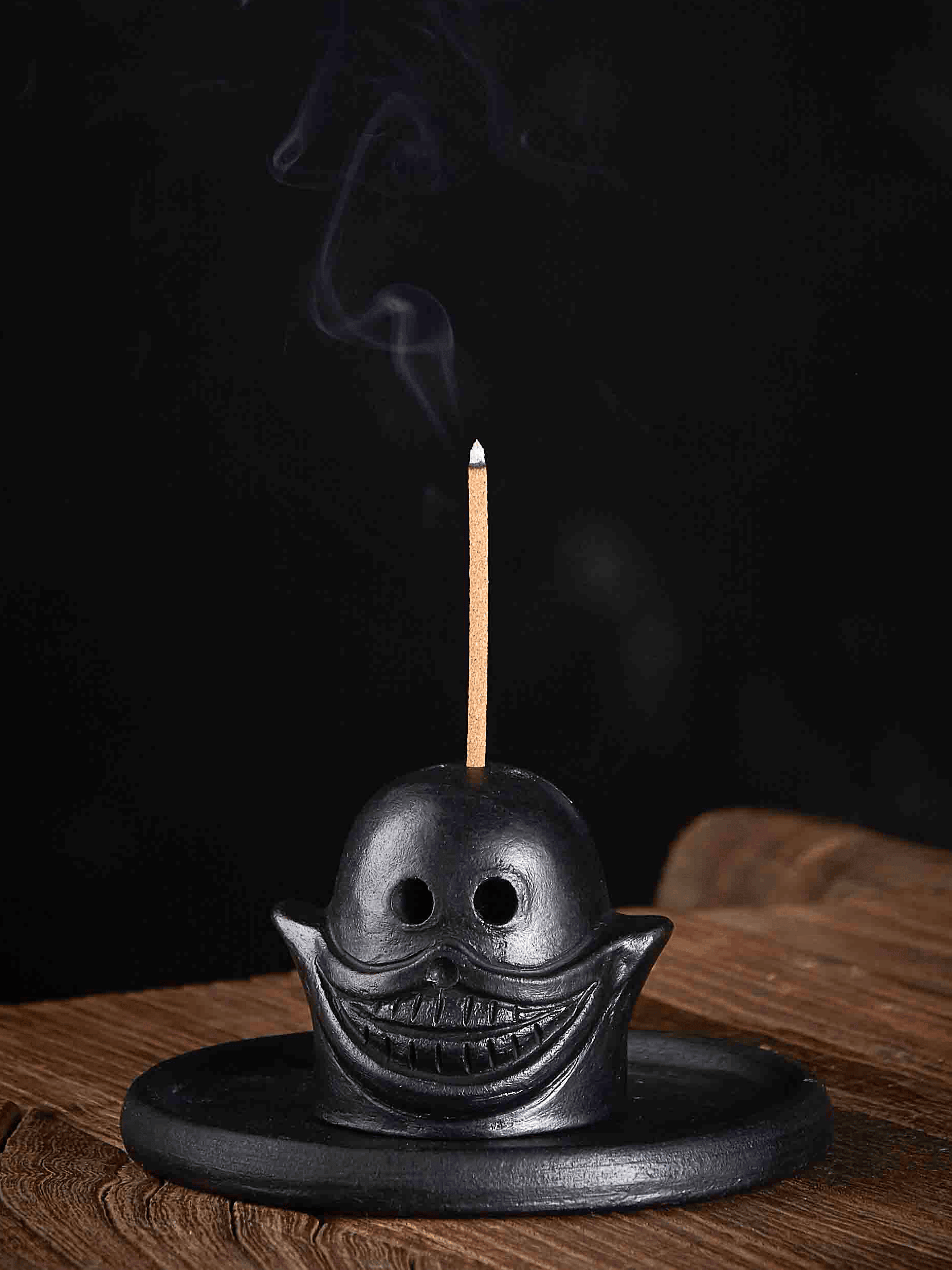

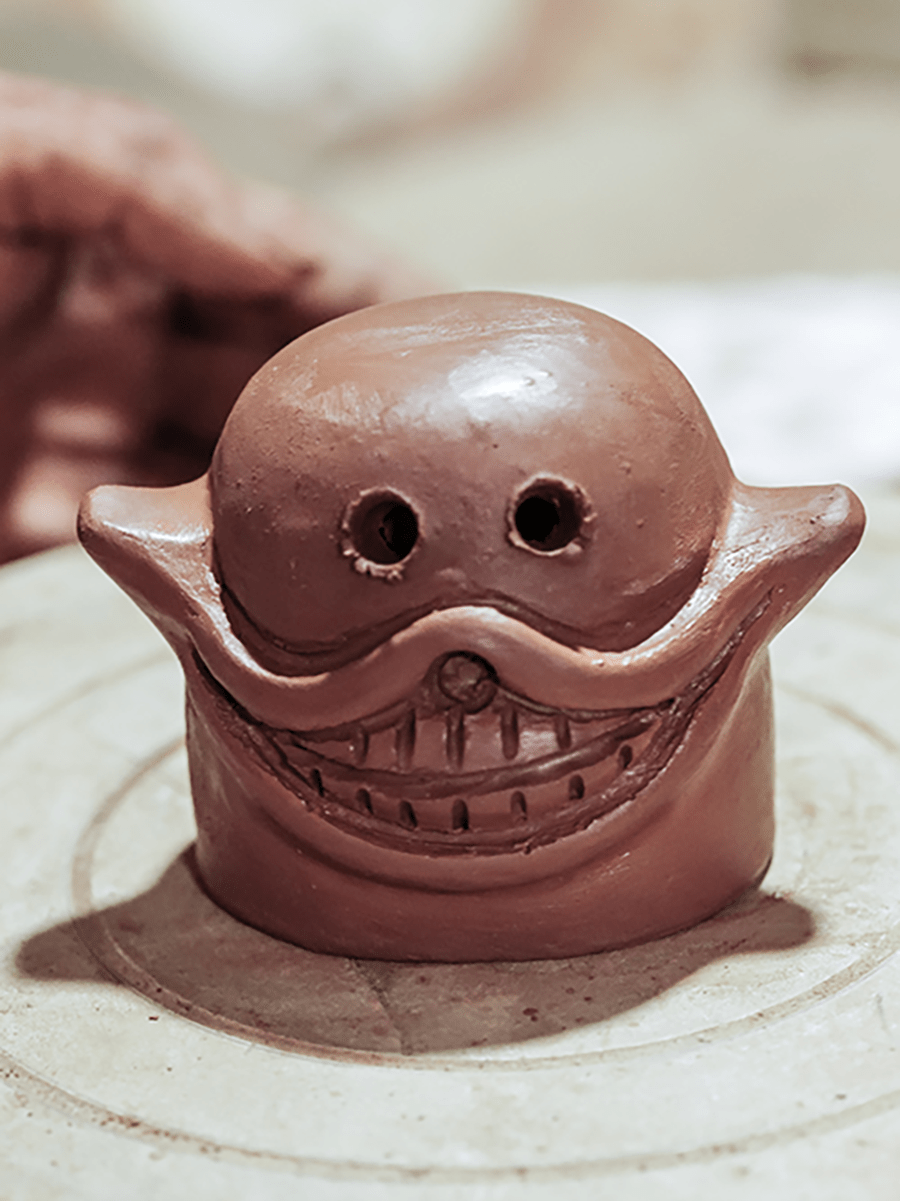
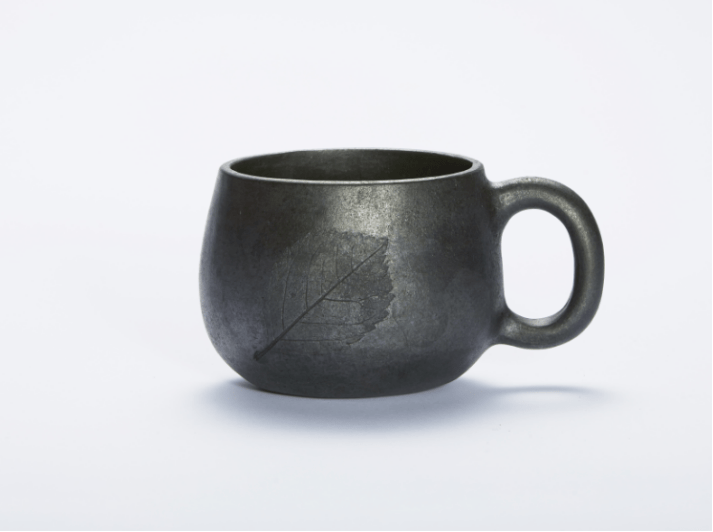
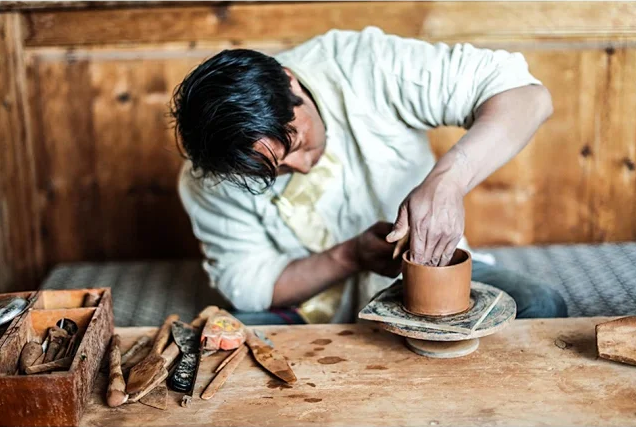
YITSO HIMA & Bama County, Guoluo Prefecture, Qinghai Province
Handmade Black Ceramic Mug
Charu & Thathaly
Handmade Wool Tibetan Sock Boots
From the Tibetan pronunciation of “weaving”
Tibetan word “མོ”, Chinese translation is “she”
The upper part of the image resembles open wings
It symbolizes that the creation of women's hands
Giving them the freedom to navigate the workplace
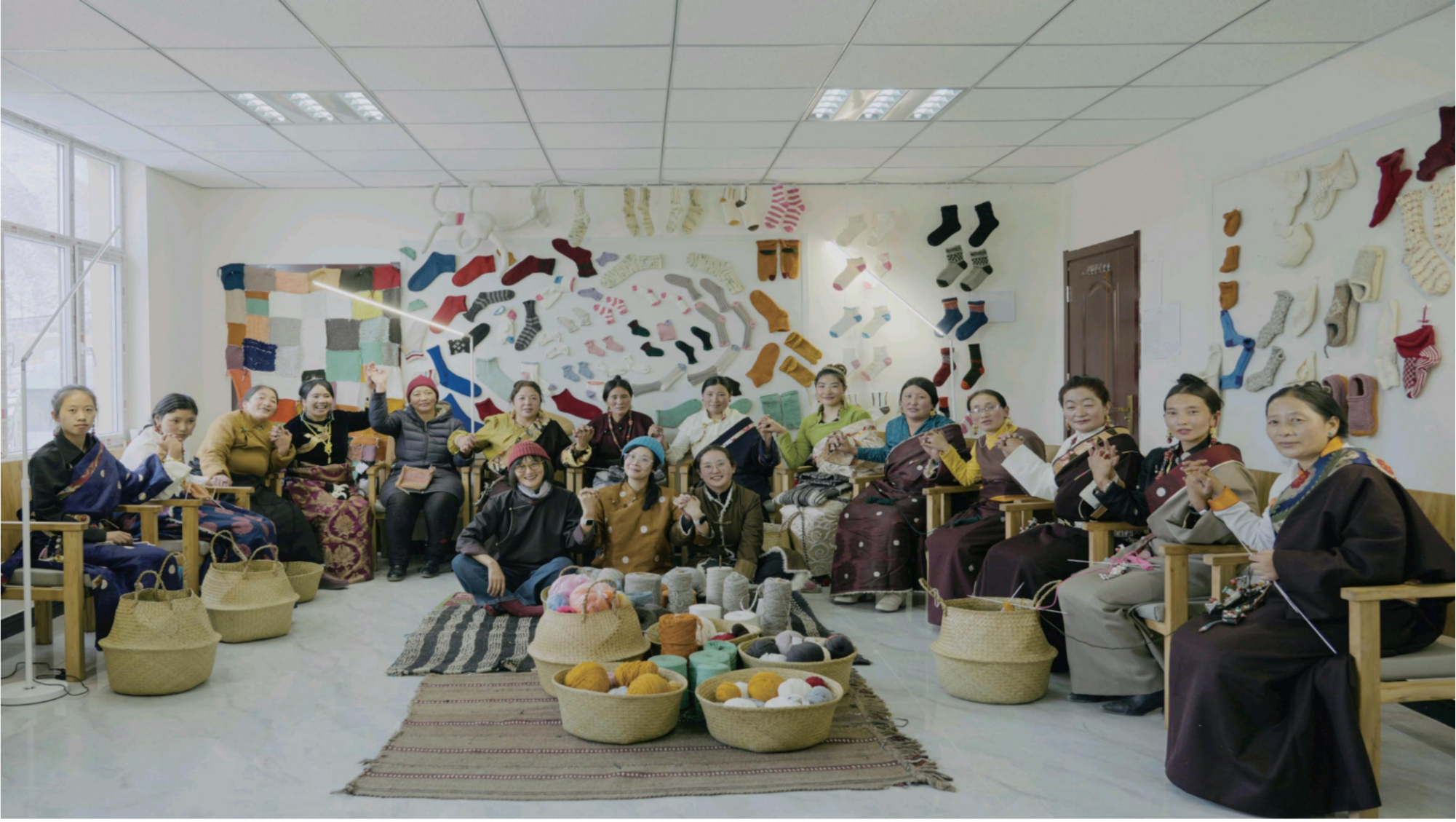
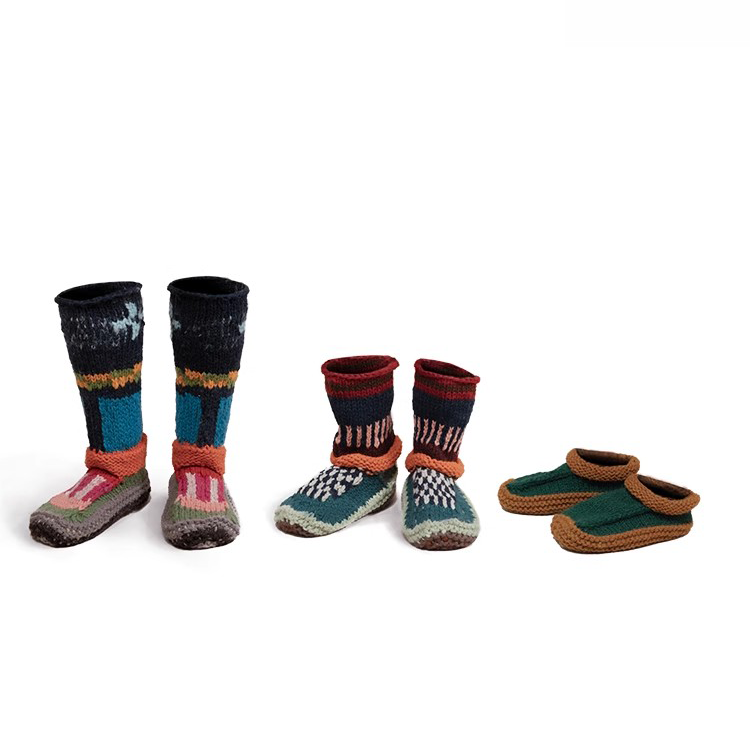

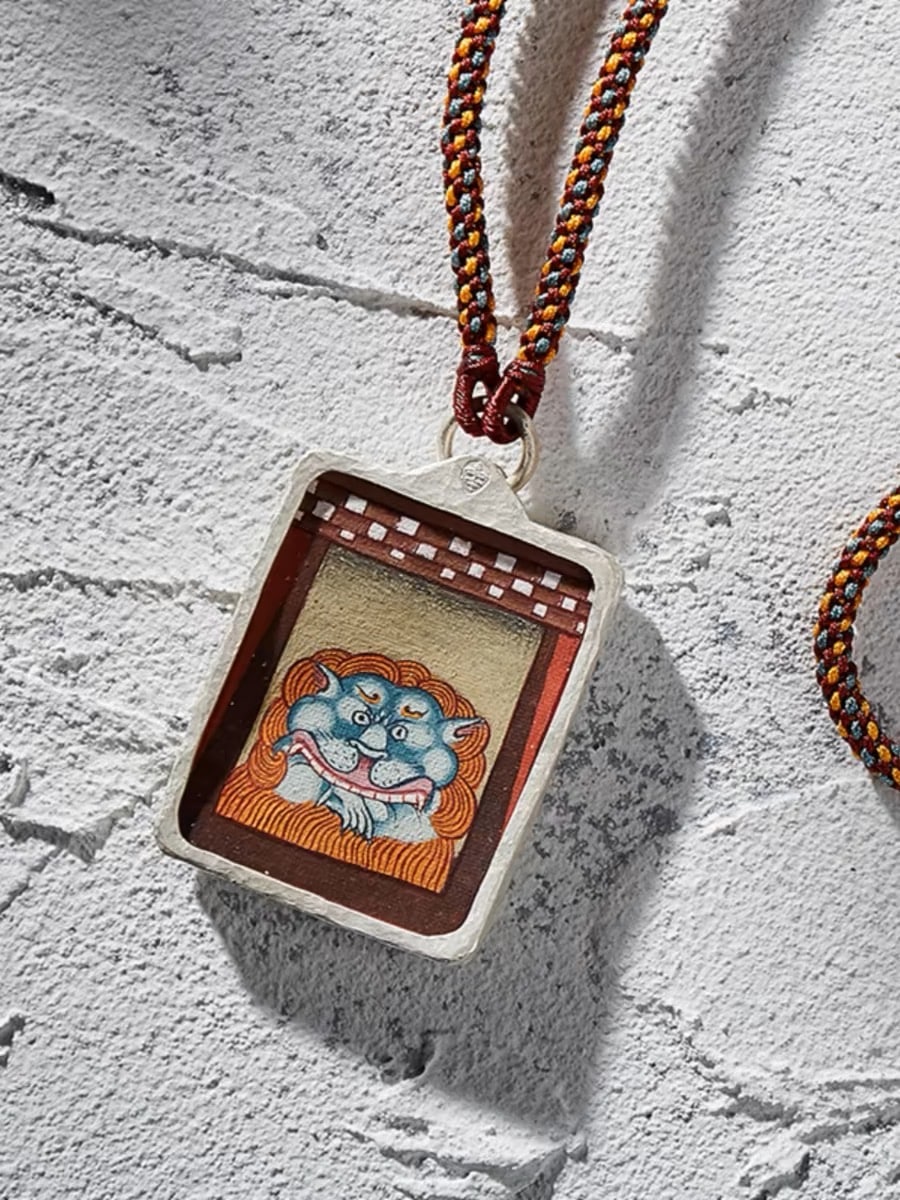
YITSO HIMA & Rimou Studio
Hand-painted Thangka
400 years ago, Master Langkajie created the unique Langkajie style of painting.
It is a unique style of Tibetan painting that combines Eastern and Western painting techniques with Chinese and Tibetan aesthetics.
It is now in its 10th generation.

It heals us
Under the Feet of Rex
Hiding a few odd, playful and unique lions
The cutest lions
Each expressive lion representsthe artist's millennial sense of humour
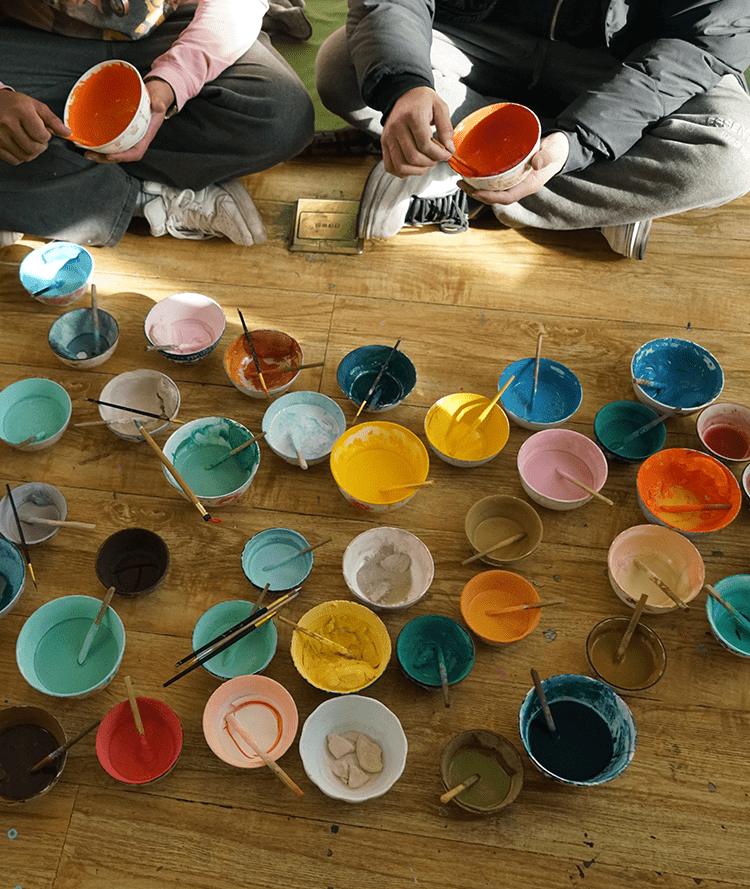
Natural Ore Fuel
The pigments used in painting come from natural ores
They are crushed and repeatedly sieved to obtain a powder
The powder is dissolved in water and poured over and over again
The pigment settles as it is poured


